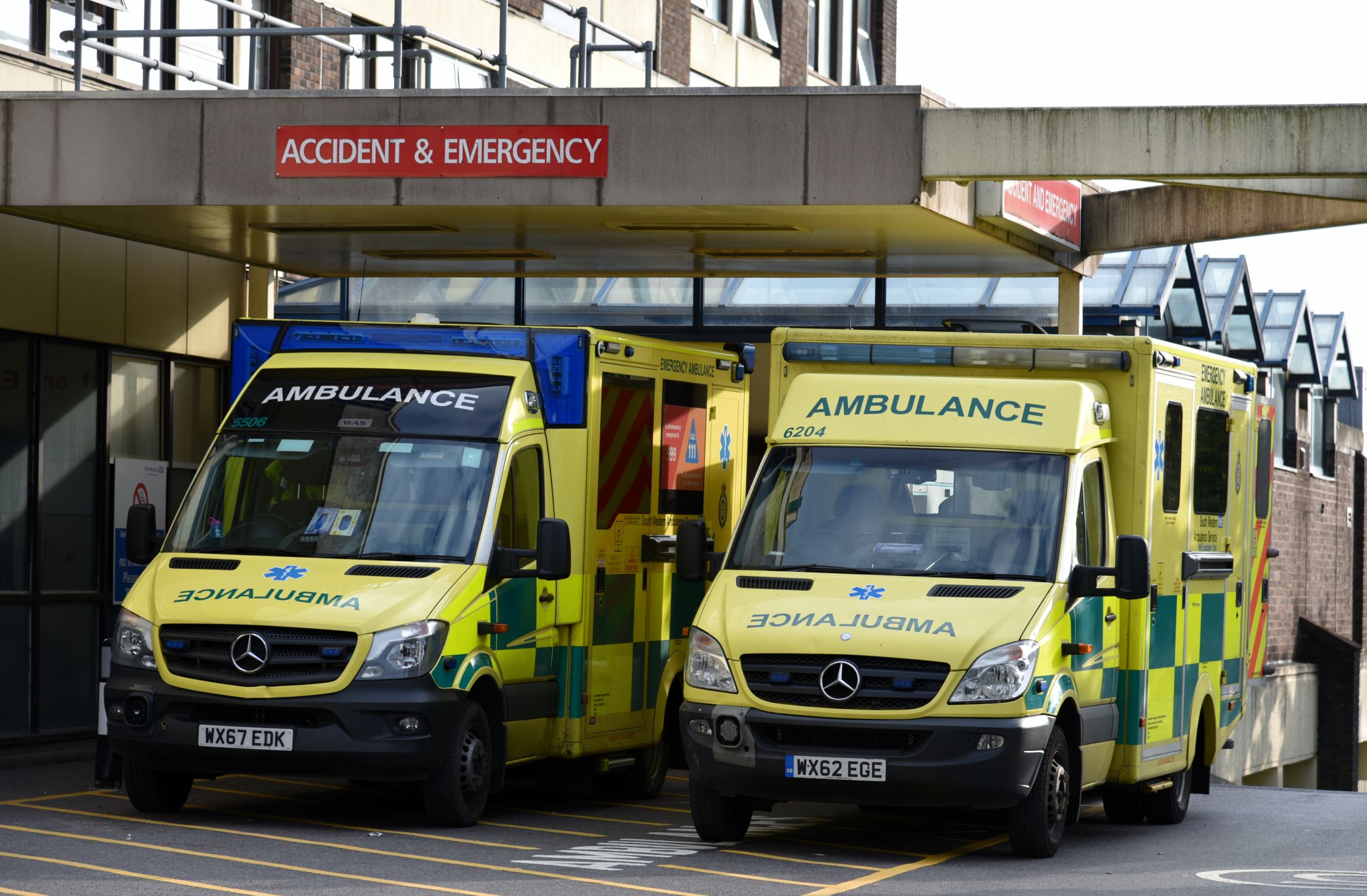Trust chiefs call for the Covid-19 “blame game” to stop on care homes

Following concerns from social care organisations that Covid-19 patients were being discharged unnecessarily into care homes, NHS trust chiefs have responded by calling for an end to the blame game.
As the row over the high Covid-19 mortality rates in care homes intensifies, hospital trust chiefs have defended the suggestion that they are to blame.
NHS bosses voice their concerns in a new report from NHS Providers, published on Tuesday, which has been compiled based on detailed conversations and feedback from trust leaders. The report confronts what it describes as “damaging and mistaken beliefs” that NHS organisations “systematically and knowingly discharged Covid-19 patients into care homes” – a notion which trust leaders “deeply resented.”
The situation in care homes cross the UK has taken centre stage in the Covid-19 debate. In the initial phases of the pandemic, deaths in social care settings were not included in Government totals. They now stand at around 40 per cent of all recorded Covid-19 deaths in the UK. So far, 33 per cent of care homes in the UK have experienced a coronavirus outbreak and the number of deaths in the sector is only now reducing.
While the report recognises the frailty of some care providers and the enhanced vulnerabilities of people receiving care, it rejects the claim that NHS trusts prioritised hospitals and neglected the situation in the care sector. “The suggestion that the NHS should have done less, or been given less support, to enable more support to be given to care homes seems inappropriate,” the report states.
There was in fact a drop in the number of NHS patients discharged into care homes in February to mid-April, compared to January. In fact, the report states, care homes were a minority destination during this time; only one in 20 patients discharged from hospital went to a care home.
The report claims that the challenges posed by the coronavirus pandemic have highlighted many of the close and mutually supportive relationships between the NHS, local authorities and the care sector.
NHS Providers say that trusts worked closely with local authorities and care providers to identify discharge pathways for suspected and known Covid-19 patients – finding suitable locations to fulfil the 14 day isolation period. Any discharge to care homes occurred only if they agreed they had capacity, capability and equipment to admit a Covid-19 positive patient.
“The NHS has done everything it could to respond to the unprecedented challenge presented by coronavirus,” said Saffron Cordery, Deputy Chief Executive of NHS Providers, “that includes working closely with colleagues in the care sector, building on longstanding relationships to provide much-needed support.
“It is a damaging and mistaken belief that trusts knowingly and systematically discharged Covid-19 patients into care homes.”
Commenting on the report, Professor Martin Green OBE, Chief Executive of Care England said that it is essential to have real time data in order so that proper analysis of the issue can be conducted. He said :”We maintain that patients were discharged from hospital into care homes without Covid-19 testing. Perhaps rather than looking backwards, we need to focus on the future. The key issues are testing, which has to be a continuous process and linked to track and trace, PPE and of course sufficient funding.”
Pressure piling on the Government
While NHS trust chiefs have been keen to end what they refer to as a ’blame game’ on care home deaths – they have directed considerable frustration towards UK Government preparation. The more appropriate question, the report says, is whether the Government has given sufficient priority in its considerations to the care sector and provided the right support at the right time during the crisis.
This sentiment has been echoed by the social care sector. Professor Martin Green has regularly lamented the lack of attention given to the care sector and the disconnect of travel in the Government’s approach. On Tuesday, Care England released a statement criticising the Government for the difficulty care providers have had in accessing financial support.
The Governments finds itself under growing pressure – NHS Providers’ report cites long periods of underfunding and “empty promises” on social care that have exacerbated already massive problems in the sector. Niall Dickson, Chief Executive of the NHS Confederation, recently labelled the lack UK preparation in care homes a “national disgrace.”
When the inevitable public inquiry into care home deaths begins, it looks increasingly likely that Government attention to the sector will take centre stage.
